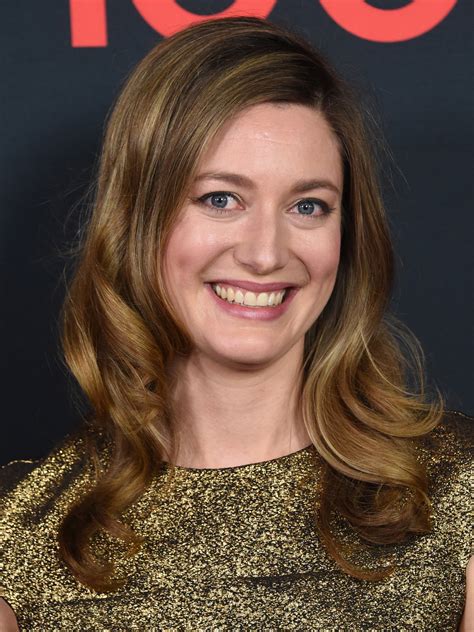A Quote by Haruki Murakami
There are many things we only see clearly in retrospect.
Related Quotes
And for all I can tell, the only difference is that what many see we call a real thing, and what only one sees we call a dream. But things that many see may have no taste or moment in them at all, and things that are shown only to one may be spears and water-spouts of truth from the very depth of truth.
When Robert Bly visited Interlochen Center for the Arts so many years ago, he spoke to the creative writing majors and said, "The eye reports to the brain, but the ear reports to the heart." Perhaps this is the thing that musicians can do that writers can't ever, quite, but it is what I aspire to, that sense/power of the auditory, and the belief that to hear more clearly is to see more clearly, and that to see more clearly is to feel more deeply.
I've never found anything to be lacking in a blurry canvas. Quite the contrary: you can see many more things in it than in a sharply focused image. A landscape painted with exactness forces you to see a determined number of clearly differentiated trees, while in a blurry canvas you can perceive as many trees as you want. The painting is more open.
It's difficult not to color our perception of author's product with his personality. There are so many examples of this. What do we think of Ezra Pound - clearly a great poet and clearly kind of an asshole? You can say the same thing about Louis-Ferdinand Céline, who clearly was a Nazi sympathizer, and yet one of the great writers of the 20th century. It is tough, but there are enough examples around where we have to somehow find a way of separating the work from the artist and seeing what there is to see in the work, while also condemning the thoughts we see in the man.
You can hear the profile of a sound, in retrospect, so much more clearly than you did at the time. And I think one of the things that's going to be nauseatingly characteristic about so much music of now is its glossy production values and its griddedness, the tightness of the way everything is locked together.
Try to be mindful, and let things take their natural course. Then your mind will become still in any surroundings, like a clear forest pool. All kinds of wonderful, rare animals will come to drink at the pool, and you will clearly see the nature of all things. You will see many strange and wonderful things come and go, but you will be still. This is the happiness of the Buddha.
If you just sit and observe, you will see how restless your mind is. If you try to calm it, it only makes it worse, but over time it does calm, and when it does, there's room to hear more subtle things - that's when your intuition starts to blossom and you start to see things more clearly and be in the present more. Your mind just slows down, and you see a tremendous expanse in the moment. You see so much more than you could see before. It's a discipline; you have to practice it.
I see things in hardcopy that I miss if I only see words on screen. I do get sick of the words, but I like to see everything spread out because I get a sense of scale that is missing from screen. Going over each sentence many, many, many times gives me incredible intimacy with sentences, especially their rhythm. The rhythm and music of words matter a lot to me and it only takes one misplaced word to spoil the music.
We need only take our heads out of the sand to see clearly that interventionism not only has failed to provide the promised something-for-nothing, but has led to all sorts of undesirable consequences. Indeed, many are just beginning to realize that we are moving towards disaster even though we have been on a wrong heading for decades.




































